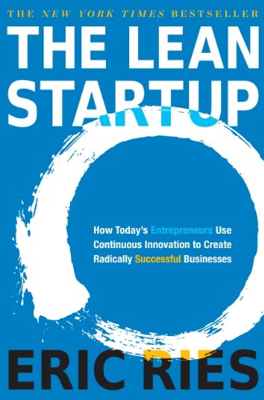Experiment
Experimentation in Startups
In the chaotic world of startups, where traditional methods of strategic decision-making may result in a loss of time and funds, Eric Ries proposes a solution based on the foundation of the scientific method. Startups should treat their development processes and business strategies as experiments that hypothesize about customer behavior, product needs, and market dynamics.
Zappos: A Case Study in Start Small and Learn Fast
The online shoe giant Zappos is showcased as a prime example of starting with a small, simple experiment to test fundamental business assumptions. Founder Nick Swinmurn began by photographing shoes in local stores to test if customers were ready to buy shoes online without a massive initial setup. This approach not only confirmed customer interest but also helped Zappos understand deeper facets of customer interaction and logistics.
Long-Term Change through Immediate Experimentation
Caroline Barlerin, with her project at Hewlett-Packard, illustrates applying the Lean Startup principles within a large organization. Focused on increasing employee participation in volunteer work, her challenges included changing long-held employee behaviors and company culture. Ries advocates for breaking down grand visions into testable hypotheses and starting with small-scale experiments to validate each assumption before widespread implementation.
The Lean Startup Approach: A Shift From Alchemy to Science
Aligning startup efforts with experiments converts guesswork into strategic learning and decision-making. By beginning with hypotheses, testing them against real-world interactions, and iterating based on results, startups can gain validated learning. This process not only applies to new ventures but also within established companies attempting new innovations or changes in process.
Kodak and Village Laundry Service: Different Contexts, Same Principles
From Kodak's development shift under Mark Cook to the Village Laundry Service's experiments on mobile laundry units in India, Ries emphasizes that the fundamental aspects of the Lean Startup methodology can apply broadly. These cases underscore the advantages of experimenting early and learning from real customer interactions before making large investments.
Government and Startups: The Consumer Federal Protection Bureau
Ries discusses potential Lean Startup applications within the federal government, particularly with the setup of the new Consumer Federal Protection Bureau. He suggests starting with a minimal viable product, like a simple hotline, to test assumptions about consumer behavior and needs. This would enable the agency to adapt and expand its services based on actual demand and user feedback, rather than assumptions.
Summary and Application Across Domains
The overarching theme is clear: whether in startups, large corporations, or government agencies, the principles of the Lean Startup encourage an experimental approach to business and product development. This reduces waste, accelerates learning, and helps ensure that projects and strategies are aligned with real customer needs and behaviors before full-scale deployment.
